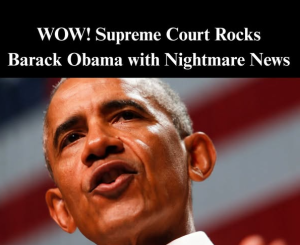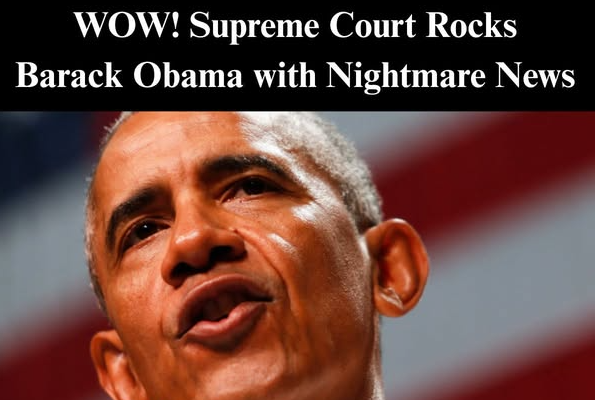The United States Supreme Court once again finds itself at the center of one of the nation’s most charged cultural and political debates: same-sex marriage. Nearly a decade after the Court’s landmark 2015 ruling in Obergefell v. Hodges, which guaranteed same-sex couples the constitutional right to marry, justices are now weighing whether to take up a new case that could test the boundaries of that precedent—or even reshape it.
The case in question comes from a conservative-leaning state where lawmakers recently passed legislation restricting recognition of same-sex marriages performed elsewhere. Advocates of the law argue that states should have the authority to define marriage within their borders. Opponents insist that such measures violate the Constitution, directly undermining the rights established in Obergefell. Lower federal courts have issued conflicting rulings on the matter, and now the Supreme Court is being asked to step in and provide clarity.
If the justices agree to hear the case, it will reignite a debate that many Americans thought had been settled. For LGBTQ+ couples, the stakes are deeply personal. Marriage equality has provided not just symbolic recognition but also tangible protections: inheritance rights, hospital visitation, adoption, taxation, and health care benefits. A decision that weakens or reinterprets those protections could have sweeping consequences for families across the nation.
Supporters of marriage equality warn that even the possibility of reconsidering Obergefell could sow fear and uncertainty. Couples who once celebrated their unions without hesitation now wonder whether their marriages could be rendered invalid. Legal scholars note that undoing or restricting the precedent would create chaos, with some marriages recognized in certain states but not in others—a patchwork that echoes the pre-2015 landscape.
On the other side, proponents of revisiting the issue believe the Court’s earlier ruling overstepped its bounds, taking power away from state legislatures and voters. They argue that questions about marriage should be decided democratically, not by judicial fiat. Some frame their objections in terms of religious liberty, claiming that the existing precedent forces individuals and institutions to act against deeply held beliefs.
The justices face not only a legal challenge but also a societal one. Public opinion has shifted dramatically over the past two decades. In the early 2000s, polls showed Americans largely opposed to same-sex marriage; today, consistent majorities support it. Many Americans, especially younger generations, view marriage equality as a settled and unquestionable right. Yet in a polarized era, cultural flashpoints often reemerge, fueled by political agendas and social movements.
Legal analysts point out that the current Supreme Court is more conservative than the one that decided Obergefell. With a six-to-three conservative majority, questions arise about whether the Court might narrow the precedent rather than overturn it outright. For instance, the justices could issue a ruling allowing states greater leeway in how they recognize or regulate marriages while stopping short of invalidating same-sex marriage altogether. Even a narrow decision, however, could open the door to legal uncertainty and new battles in state legislatures.
Advocacy groups on both sides are mobilizing. LGBTQ+ organizations are preparing rallies, campaigns, and legal briefs emphasizing the human impact of marriage rights. Religious liberty groups, meanwhile, are urging the Court to reconsider what they see as judicial overreach, framing the matter as one of states’ rights and constitutional limits. Politicians have also seized on the debate—some warning of a regression in civil rights, others promising to “restore traditional values.”
For families, however, the issue transcends politics. Couples who have built lives together since Obergefell now find themselves holding their breath. Parents raising children in same-sex households fear legal complications if their marriages lose recognition. Widows and widowers worry about losing survivor benefits. Military families, who rely on federal recognition of marriage, are especially concerned about stability.
As the Supreme Court deliberates on whether to accept the case, the nation is bracing for what could be another defining chapter in America’s ongoing struggle to balance individual rights, state power, and cultural values. If the Court declines to hear the case, lower-court rulings will stand, leaving a degree of uncertainty in place but avoiding a sweeping national decision. If the Court takes it on, arguments could be heard in the next term, with a ruling that could once again reshape the legal and cultural landscape of the United States.
In the coming weeks, all eyes will be on the nine justices. The Court’s choice—whether to engage or step aside—will send a powerful signal about the future of marriage equality in America. For millions, it is not just a legal question but a personal one, touching the most intimate corners of love, family, and belonging.


